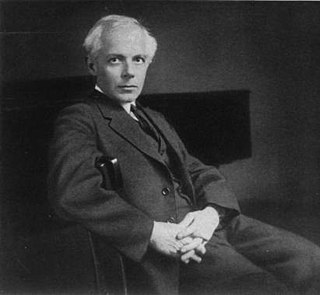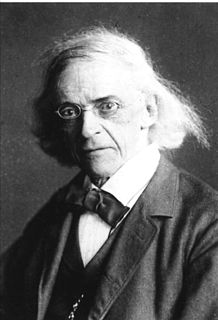A Quote by Frederick Lenz
The Romans were the tonal incarnate, complete order.
Related Quotes
Our peasant music, naturally, is invariably tonal, if not always in the sense that the inflexible major and minor system is tonal. (An "atonal" folk-music, in my opinion, is unthinkable.) Since we depend upon a tonal basis of this kind in our creative work, it is quite self-evident that our works are quite pronouncedly tonal in type. I must admit, however, that there was a time when I thought I was approaching a species of twelve-tone music. Yet even in works of that period the absolute tonal foundation is unmistakable.
Modern Romans insisted that there was only one god, a notion that struck Alobar as comically simplistic. Worse, this Semitic deity was reputed to be jealous (what was there to be jealous of if there were no other gods?), vindictive, and altogether foul-tempered. If you didn't serve the nasty fellow, the Romans would burn your house down. If you did serve him, you were called a Christian and got to burn other people's houses down.
Actually, the decision was not only expedient but necessary. The severity of this summary justice showed the world that we would continue to fight mercilessly, stopping at nothing. The execution of the Tsar's family was needed not only in order to frighten, horrify, and dishearten the enemy but also in order to shake up our own ranks, to show them that there was no turning back, that ahead lay either complete victory or complete ruin.































